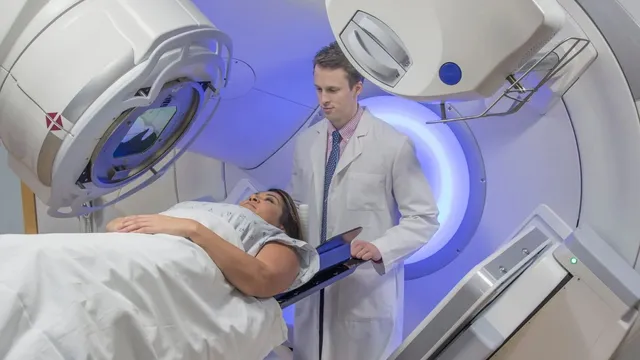
HEALTH
Latest Flexible X-ray Detectors Could Revolutionise Cancer Treatment, Says Study
- Admin
- Nov 05, 2023


Scientists have developed a new generation of low-cost, flexible X-ray detectors that might be used for everything from cancer therapy to better airport scanners. Typically, X-ray detectors are built of heavy, stiff materials like silicon or germanium, according to the researchers.
Latest X-ray detectors are low-cost
The latest detectors are less expensive and can be formed around the things that need to be scanned, improving their accuracy when screening patients and, lowering risk when imaging cancers and providing radiotherapy, the researchers claim.
Prabodhi Nanayakkara, who led the research at the University of Surrey in the United Kingdom, said, "This new material is adaptable, inexpensive, and sensitive. The fact that this substance is tissue-comparable is interesting. This paves the path for live dosimetry (radiation measurement), which is currently impossible with existing technology."
Latest detector behaves like human tissue
To address this issue, the researchers developed ink-based devices by combining small amounts of high atomic number materials with an organic semiconductor. Building on prior research, the team claims that its latest detector acts more like human tissue under X-rays, which could lead to new, safer procedures for administering imaging methods such as radiation, mammography, and radiography.
Professor Ravi Silva, director of Surrey's Advanced Technology Institute, said, "This latest technology could be used in various settings, including radiotherapy, scanning historical artefacts, and security scanners."
Professor Martin Heeney from Imperial College London, UK, co-author of the study, said, "These findings are fascinating, especially given that this was the first material studied, and there is plenty of room for further advancement."